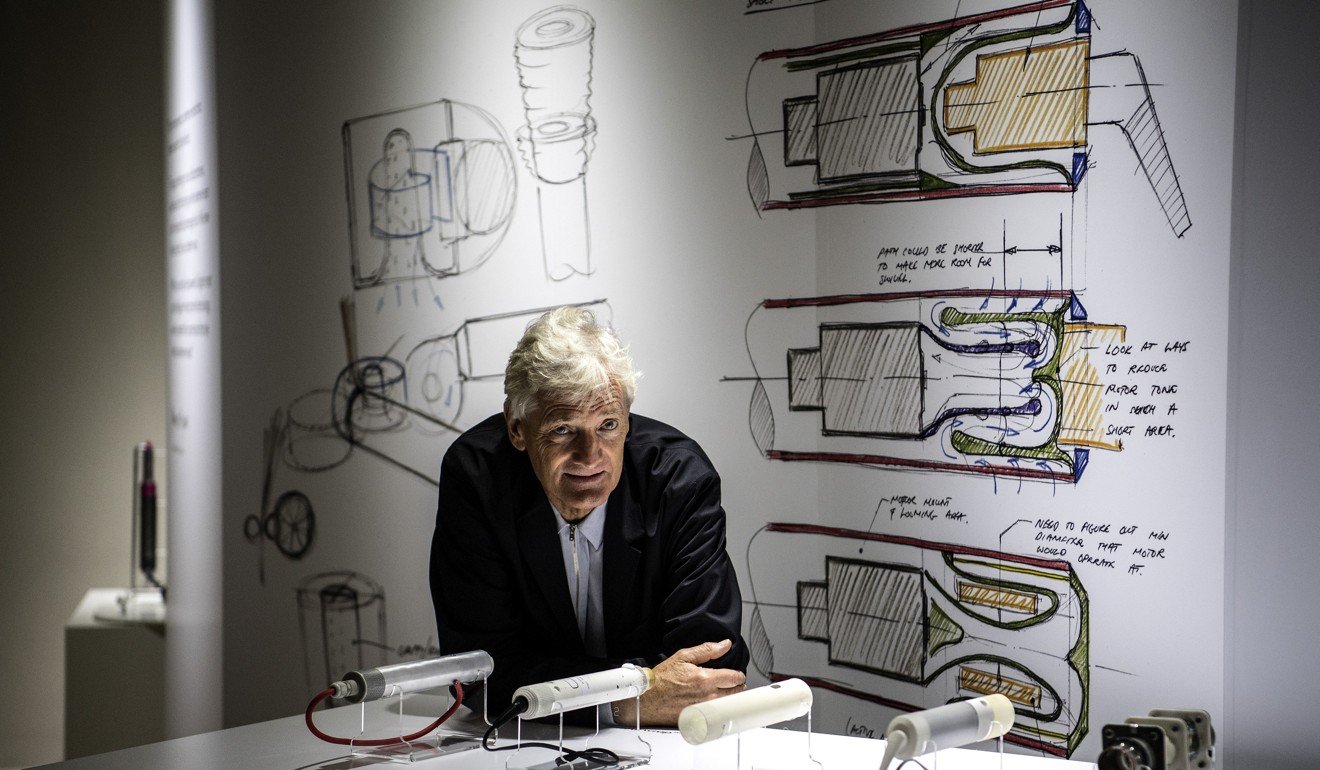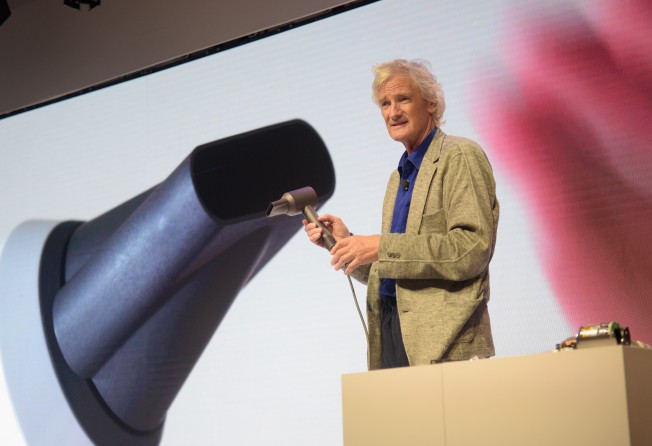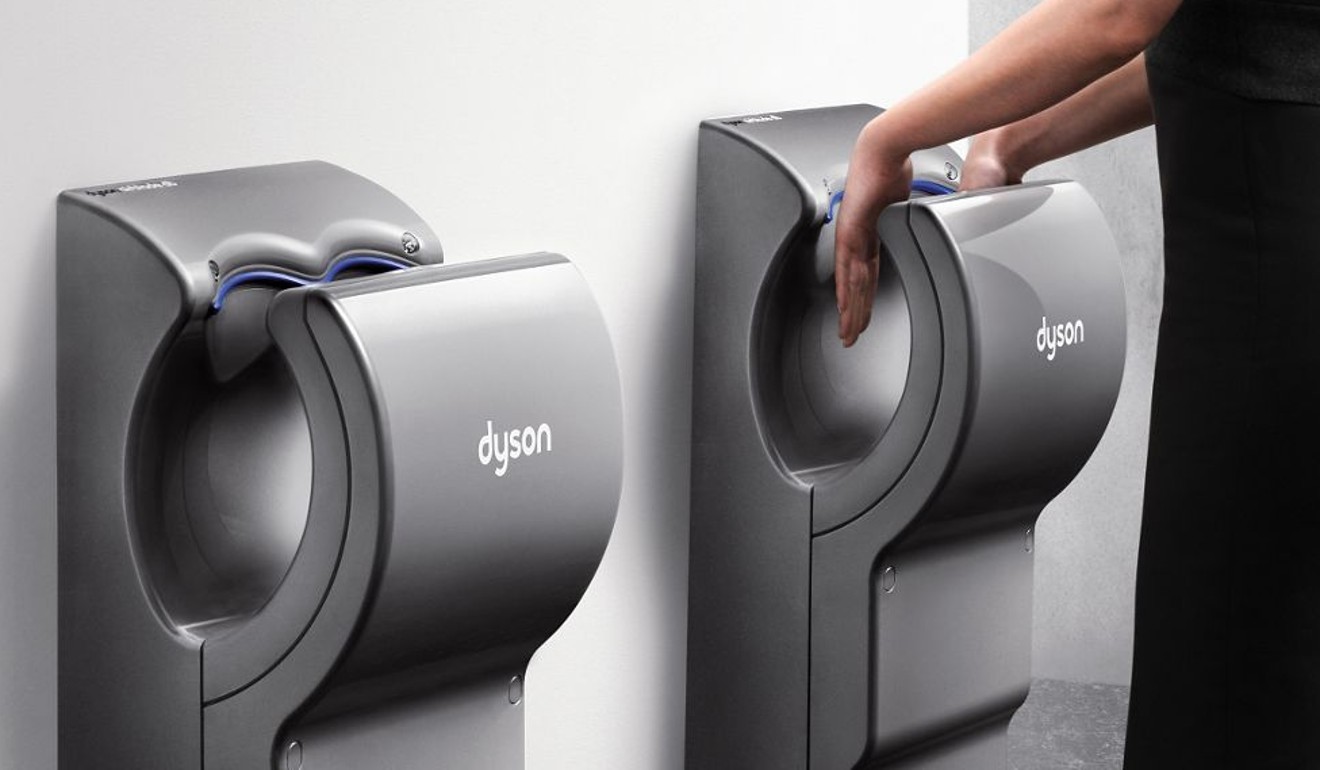
Hype over Dyson’s Singapore electric car plant is a load of hot air
- While Britain is busy soul searching over Dyson’s move to open an electric car plant in the Lion City, too few are asking the question: will the plan work?

News that the British company Dyson would be locating its much-anticipated electric car plant in Singapore blew through the British media like a blast from a super-charged hair dryer.
“Britain doomed to humiliation”, boomed a headline in The Daily Telegraph, one of many British media outlets that detected in the decision of Sir James Dyson a tacit commentary on the nation’s torturous negotiations for leaving the European Union.
That Sir James chose a former colonial outpost for the plant no doubt rubbed salt in the wounds for many, including the Telegraph’s commentator – one Boris Johnson – but amid the national soul-searching prompted by the news, one factor was largely overlooked: whether the Lion City plant will actually be a success.
Indeed, there’s a good argument that Dyson has misjudged both his move to the electric car market and the move to Singapore – in which case, the humiliation could well be all his.
Dyson has a formidable reputation, but it was earned in a vastly different market – that of high-quality appliances. Much like Apple, his company places great importance on R&D and design, and as with Apple, loyal customers are willing to pay more for Dyson appliances even if they are priced significantly higher than similar (but possibly less well-designed or attractive) offerings from competitors.

That’s Dyson’s strength. But we should be sceptical of applying this model to car making.
Cars are extremely complex products with more than a thousand parts, which makes it challenging to achieve high product reliability. Dyson can reduce the complexity by replacing a traditional engine with a battery, but it will still have to bring together several hundred other parts – not least among them suspension and transmission – to make the car work smoothly.
And in these areas, traditional manufacturers have far more experience. Customers will be unforgiving if Dyson’s vehicles give any less of an experience regarding fit, finish and smoothness of the ride – especially if the cars, like Dyson’s other products, are priced at a premium.
Even in the traditional market, any new car manufacturer faces three barriers to entry and things will be no different for Dyson.
First, the company needs to create a network of suppliers. While there is no shortage of suppliers for parts that make up suspension, climate control or transmission systems, they are likely to prioritise customers who already buy in large volumes over a newcomer whose success is less certain.
Second, it needs to create a sales and service network. This is a huge task, and the more cars you want to sell, the huger it gets. Brands such as Toyota and Volkswagen have established their networks over decades. By selling at a premium, Dyson can reduce the required reach of its network (eg, expensive cars are typically sold in big cities) and build a cushion in required cost competitiveness (high margins allow a less efficient operation), but this would still be a monumental task, even if it can persuade customers to pay more.
Third, it needs to build a reputation for the quality of its cars. It is unlikely the reputation Dyson has earned from making hair dryers, hand dryers, fans and other appliances will carry over into cars. Building a reputation requires years of effort and any missteps will create negative impressions that are difficult to reverse.

The relative infancy of the electric car market throws up further problems and uncertainties for Dyson to deal with. For instance, it is by no means certain that lithium ion batteries will power the electric cars of the future. If an alternative technology emerges, a company that is committed to the current dominant design of Lithium Ion batteries may be caught flat-footed. Dyson itself tried solid state battery technology through battery specialist Sakti3, a start-up that it had acquired, but recently gave up this approach.
Meanwhile, there will be plenty of competition – both from traditional car makers and aspiring new electric firms. Many powerful traditional car makers such as Volkswagen and BMW are moving aggressively into electric cars. They have the advantages of established supply, sales and service networks, brand reputation and large capital bases. They will continue to benefit from the sales of traditional cars, which will give them stable sources of revenues, even as the focus shifts to electric vehicles.
Given all these hurdles, Dyson’s decision to locate the plant in Singapore is a curious choice – unless perhaps the company was offered an incentive to do so, though at this stage that is just conjecture.
In addition to the network of suppliers, car making requires large amounts of space, power and water – none of which are in abundance in Singapore.
The timing is also strange. The car industry is surrounded by uncertainty. The sharing economy and improvements in public transport mean many millennials see little point in buying a car. The increasing popularity of teleworking is also hitting demand. Even traditional manufacturers like Mercedes are investigating new strategies that embrace car sharing.
In other words, the prospects of the industry itself (traditional or electric) are as uncertain as those of any individual manufacturer.
Against this backdrop, any newcomer’s path to survival and success will be far from smooth – and anyone who claims otherwise is full of hot air.
Nitin Pangarkar is an Associate Professor in the Department of Strategy & Policy at the National University of Singapore (NUS) Business School